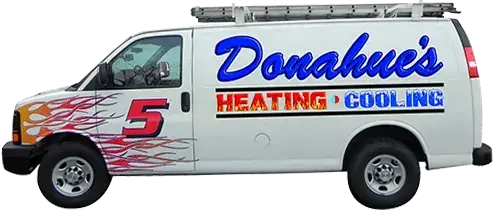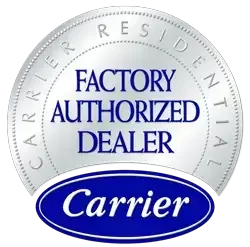Tank vs. Tankless Water Heater Systems
Traditional tank water heaters store between 30 and 80 gallons of heated water, maintaining temperature around the clock. These systems typically last 10-15 years with proper maintenance and work well for households with predictable hot water usage patterns. Gas-fired models heat water faster than electric units and generally cost less to operate, though installation requires proper venting and gas line connections. Electric tank heaters offer simpler installation but typically result in higher monthly operating costs.
Tankless water heaters, also called on-demand systems, heat water only when needed, eliminating standby energy losses that account for 15-20% of water heating costs in traditional systems. These compact units mount on walls, freeing valuable floor space, and provide endless hot water when properly sized. However, simultaneous high-demand uses like running multiple showers while operating a dishwasher may exceed a single unit’s capacity, sometimes requiring multiple heaters or careful usage planning. Our comfort consultants at Donahue's Heating & Cooling carefully calculate your household’s peak demand to ensure proper sizing.
Energy Efficiency and Operating Costs
Water heating typically accounts for 14-18% of residential energy consumption, making efficiency a crucial consideration. The Energy Factor (EF) rating measures overall efficiency, with higher numbers indicating better performance. Standard tank heaters range from 0.60-0.95 EF, while tankless units achieve 0.82-0.98 EF ratings. Heat pump water heaters lead efficiency metrics with ratings exceeding 2.0 EF, though their performance depends on ambient air temperature.
Annual operating costs vary significantly based on fuel type, local utility rates, and usage patterns. Natural gas tank heaters average $250-$350 annually, while electric models typically cost $400-$600. Tankless gas units reduce these costs by approximately 30%, though higher equipment and installation expenses mean payback periods often extend 7-12 years. As a customer-focused residential and commercial heating, air conditioning, and commercial refrigeration company, we help clients analyze total ownership costs, including purchase price, installation, energy consumption, and maintenance requirements.
Installation Considerations and Requirements
Proper installation ensures optimal performance, efficiency, and safety while meeting local building codes. Key factors we evaluate include:
- Location and space requirements: Tank heaters need adequate clearance for maintenance access and proper ventilation
- Fuel type availability: Natural gas, propane, or adequate electrical service capacity
- Venting requirements: Gas units require proper exhaust venting to prevent carbon monoxide accumulation
- Water supply connections: Proper sizing ensures adequate flow rates and pressure
- Drainage provisions: Safety pans and drain lines prevent water damage from potential leaks
Our highly trained technicians handle everything from basic replacements to complex commercial installations. We specialize in both servicing and installing state of the art comfort systems, ensuring each installation meets manufacturer specifications and local codes. With 24/7 emergency service available, we respond quickly when unexpected failures occur, minimizing disruption to your daily routine or business operations.
Maintenance for Maximum Lifespan
Regular maintenance extends equipment life, maintains efficiency, and prevents unexpected failures. Tank-style heaters require annual flushing to remove sediment accumulation that reduces heating efficiency and tank capacity. Anode rod inspection and replacement every 3-5 years prevents tank corrosion, potentially doubling system lifespan. Temperature and pressure relief valve testing ensures this critical safety device functions properly.
Tankless systems need periodic descaling to remove mineral deposits that restrict water flow and reduce heat transfer efficiency. Hard water areas may require descaling every 6-12 months, while softer water regions might extend intervals to 2-3 years. Our service technicians use specialized pumps and safe descaling solutions to restore full performance without damaging sensitive components. Whether servicing room air conditioners or 200-ton industrial chillers, Donahue's Heating & Cooling ensures each piece of equipment receives appropriate care to maximize reliability and efficiency throughout its service life.



